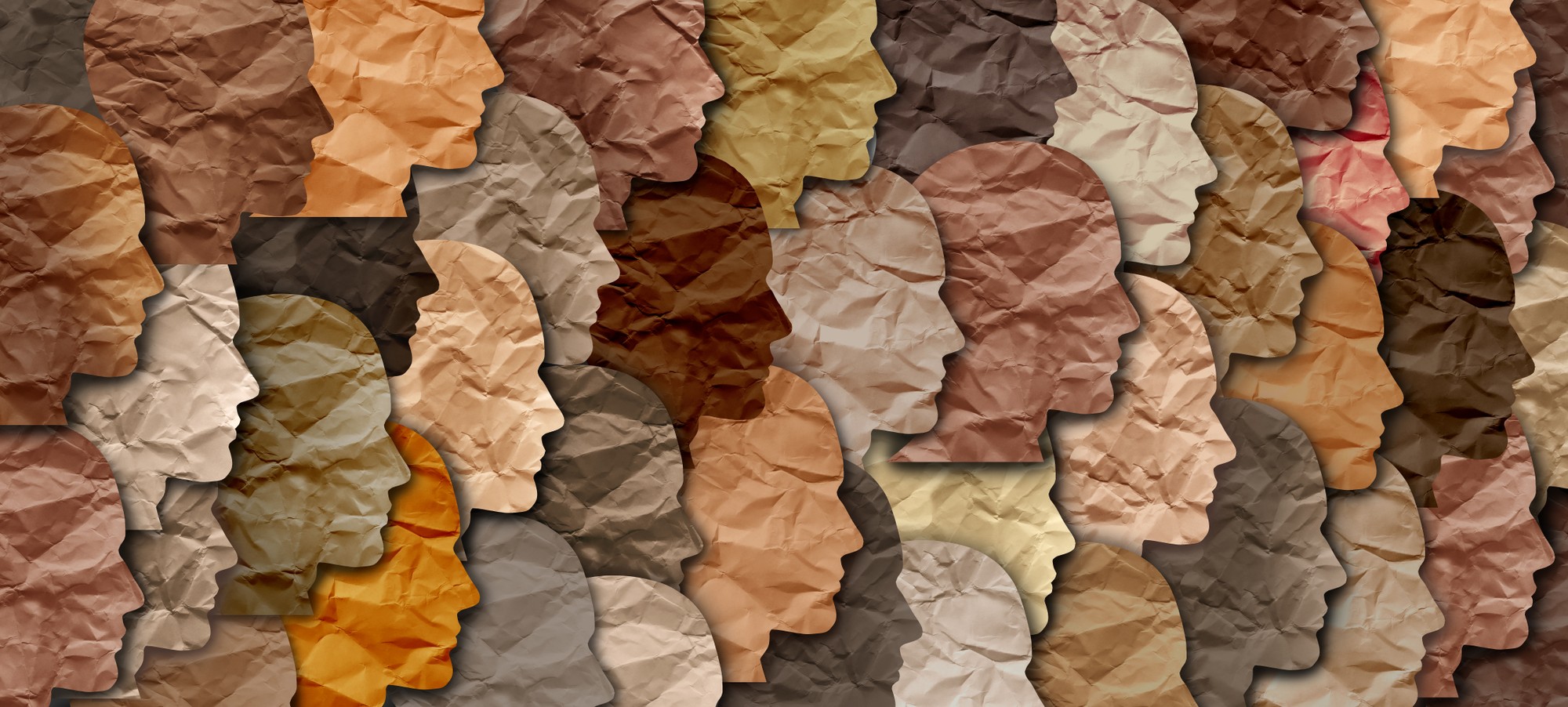
Black history month celebration of diversity and African culture pride as a multi cultural celebration. Photo via Adobe Stock
The end of February brings a close to Black History Month, but perhaps now more than ever it is important to take a step back and reflect on its lasting importance. The past year brought police brutality, protests and decades of cries for change to the forefront, and along with it, the recognition that platforms for underrepresented voices are not only essential but necessary.
What platforms has UCLA created for underrepresented voices? During Black History Month, UCLA strived to honor influential Black Bruins by shining the spotlight on both past and current accomplishments. However, when looking at the long battle for the establishment of the UCLA Black Resource Center, UCLA’s reluctance to defund campus police, and the incident with track-and-field student-athlete Chris Weiland, who was reinstated to the team after getting caught saying derogatory language and only permanently banned following recent public outcry, it is clear that UCLA needs to do better.
Not only does the UCLA Administration need to do better, but so do those within the student body and faculty. How can inclusivity in higher education be encouraged? How can Black History Month, and Black Bruins, be supported? It starts with discussions in the classroom. Students need to learn about Black history not just as past events but as something that is always fighting to be acknowledged. Look at Black communities, workplaces, classrooms. Are Black people being given the same opportunities as others? Black History Month isn’t just about celebratory posts on social media or email acknowledgments; it is also about the fight for racial justice and recognizing that we have a long way to go before it is reached.
So how can those that are not a part of the Black community help? Supporting Black-owned businesses, contributing to Black nonprofits, recognizing Black artists, reading Black literature, learning about notable Black figures, engaging in healthy educational conversations about Black history and current events, calling out racism and prejudice in your own communities, amplifying underrepresented perspectives — these are all essential components of showing solidarity.
Ask the hard questions, be aware of your privilege and understand different perspectives. Most of all, know that Black history is something that deserves and needs to be celebrated not just in February but every single day, in every community.

